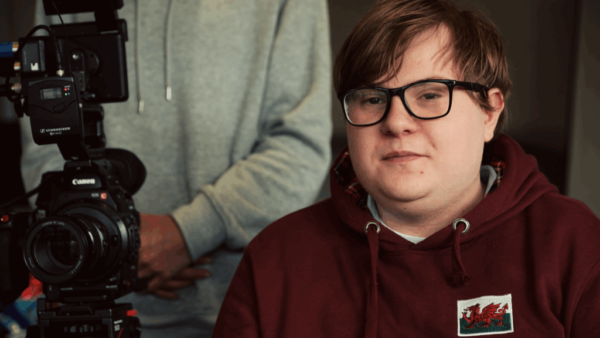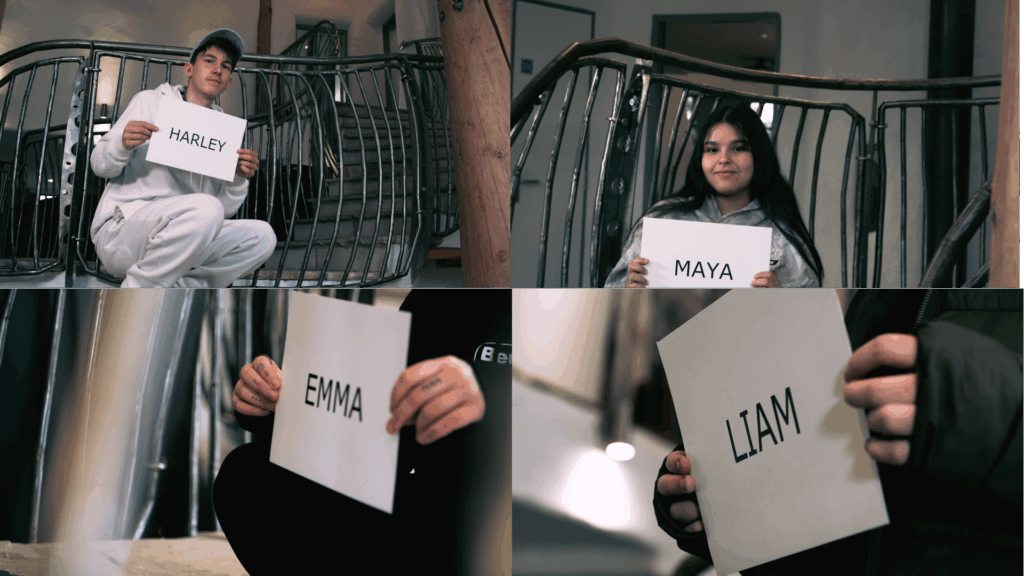Participants in young people’s mental health study co-produce videos about research
In spring this year, young people who had been adopted came together with University of Manchester researchers to produce two videos about their experience of taking part in research.
The young people took part in SOCIAL, a National Institute for Health and Care Research (NIHR) Mental Health Translational Research Collaboration (MH-TRC) Mission study, run at The University of Manchester, looking into the effects of adoption on mental health. The study was recently featured by the NIHR in a national World Mental Health Day social media campaign.
The NIHR Manchester Biomedical Research Centre (BRC) co-funds the SOCIAL study as part of it’s Mental Health Theme and supports Research Associate, Mica Komarnyckyj from the study team.
This study used psychological assessment, online games, brain imaging and blood sampling to help improve our understanding of why certain early life experiences (e.g. adoption, stress and parental separation) influence mental health, cognition, brain development and the immune system later in life.
Before filming, the participants met with video producers and SOCIAL study researchers to discuss the content of the film, agree a timetable and activities they would take part in during filming. The filming took place during a 2-day residential stay in Lancaster.

James (pictured left) shares his experience of co-producing these videos.
“It was so amazing to be able to work with other adoptees, who were all so friendly and kind, as well as the amazing crew that made the environment comfortable and fun.
“I was pleased with how well we all did, as we had to talk about some difficult subjects when it comes to being adoptees, but the video was amazing, and I’m so thankful I was given this opportunity.”
Emma’s mum provided information about the video creation process and its impact on her daughter.
“Emma contributed to the whole process, getting involved in the initial online meetings. Emma was keen to offer up her ideas as to how things could be done. She contributed her own ideas and built on others’ suggestions to make the outcome as positive as possible.”
“During the filming at the residential stay, Emma was outside her normal environment and her comfort zone. She was 140 miles from home and showed great maturity in how she coped with the whole new experience. She gained new skills for life, enjoyed new personal experiences and had fun. Taking part in this project has allowed Emma to develop independence, as well as social and teamwork skills, which will no doubt help her in the future.”
After the video shoot, the young people who took part were invited to an online meeting to comment on the initial edits of the film and make suggestions for improvement. The final videos were shown during an online meeting where those that took part were able to invite their family members to watch the final piece.

Young people Harley, Maya, Emma and Liam holding name cards in the video
Professor Rebecca Elliott, Principal Investigator for these research projects and MH-TRC Mission Children and Young People’s workstream Co-Lead said: “A huge thank you to Emma, Harley, Maya, James and Liam for producing such a professional video and for sharing their ideas and experiences with amazing insight and honesty. The whole team worked effectively together and everyone in the CYP team is proud of what has been achieved through this collaboration.”
The two videos can be viewed below:
Taking part in research
Why this research is important
For further information about the SOCIAL study and related research projects contact mhmpsych@manchester.ac.uk.
Read this Vocal blog by Mica Komarnyckyj to learn how young people have shaped her research.